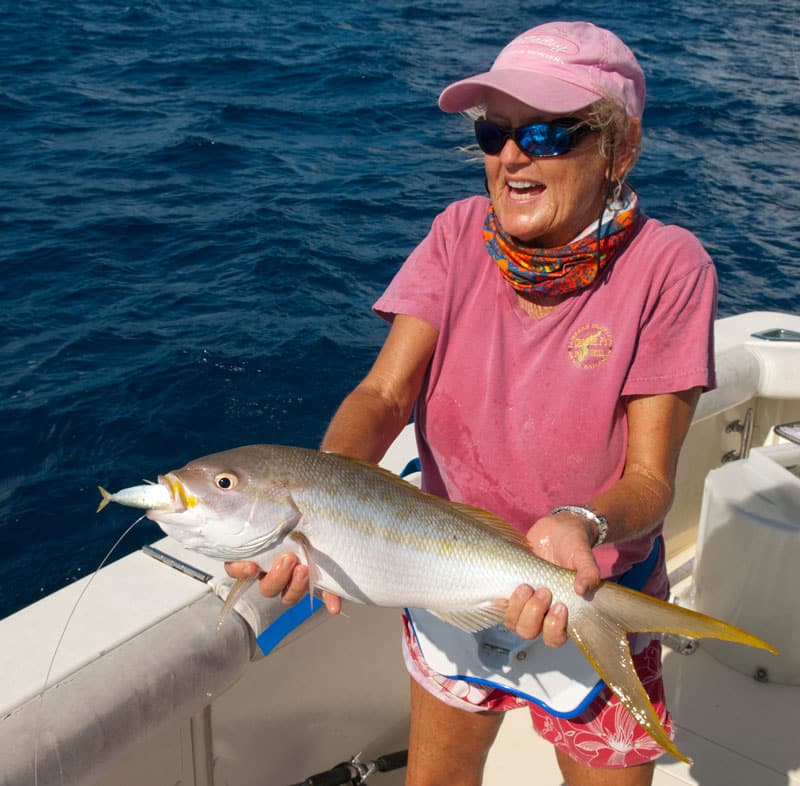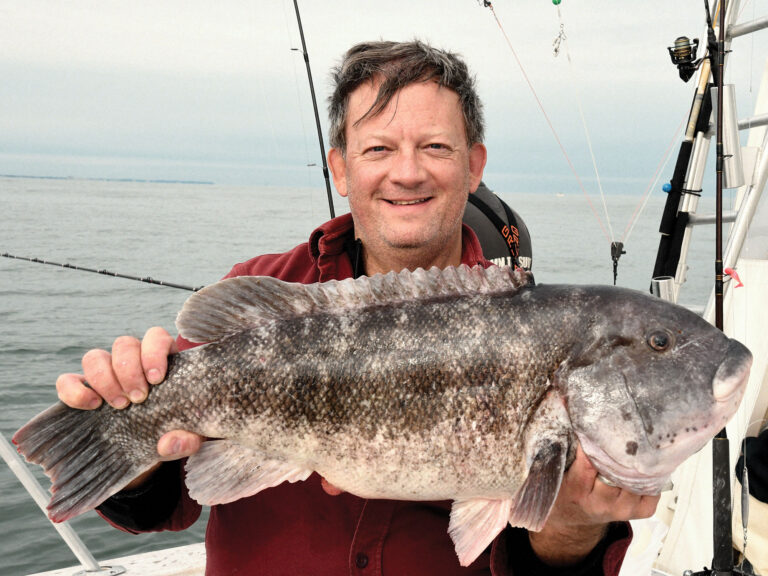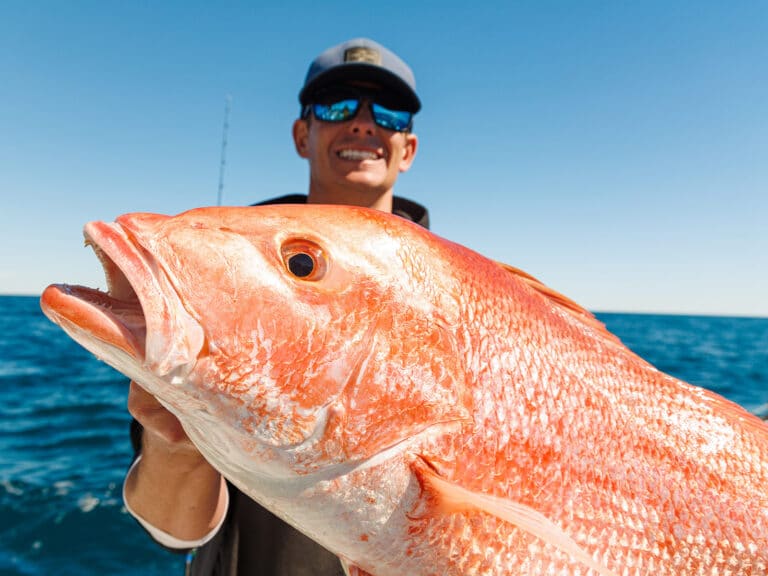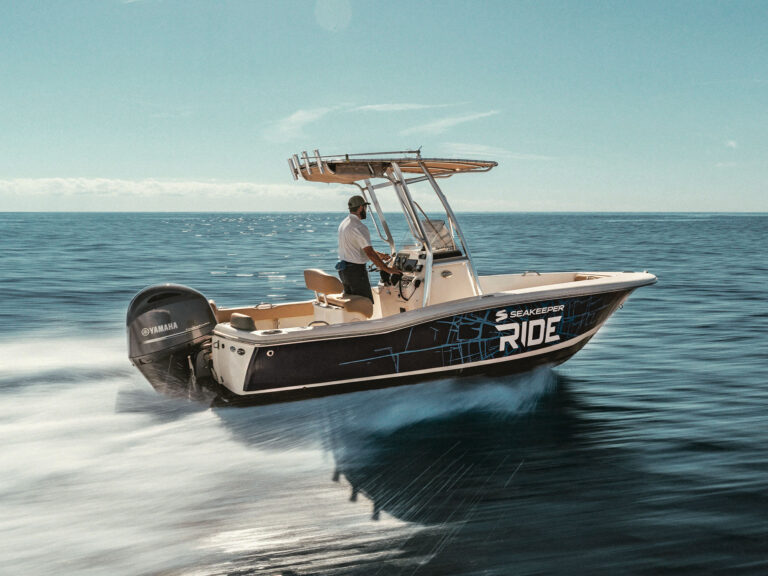
Poppy with snapper
The recent situation in Florida regarding yellowtail snapper management illustrates just how screwy fishery management has become in 2012. Managers were faced with catch estimates indicating that the commercial harvest of yellowtail had reached the allotted Total Allowable Catch number, and under the rigid mandates placed in the Magnuson Act during its 2006 reauthorization, managers had no choice but to shut the fishery down.
The Magnuson measures include both Annual Catch Limits, and Accountability Measures. The ACLs say how many of a particular species can be caught annually (usually allocated between commercial and recreational harvesters by percentage), and the AMs dictate mandatory actions that must take place if the ACLs are deemed to be exceeded. Basically, if ACLs are reached, fishing for a particular species stops, by law: No exceptions.
The problem is that many people mistrust the science, or, perhaps more accurately, people mistrust the science when it tells them what they don’t want to hear. It’s true that NMFS lacks good science on many species, but it’s also true that some species really do suffer from overfishing. The science isn’t always wrong, no matter what the NMFS-haters tell you.
Many of us have believed all along that the managers at the top of the pecking order at NOAA already have the discretionary authority to interpret these statistics and mitigate hard closures where appropriate, but those same managers have been reluctant or unwilling to do so, so we end up with messes like the yellowtail situation. Yellowtail has never been closed before, and because it’s a vital fish for south Florida commercial and recreational fishermen, stress and anger ran high.
So the State of Florida stepped in with a quick stock assessment showing that maybe the stock wasn’t in such bad shape after all, and statisticians reviewed the landings estimates and found that maybe there weren’t quite as many fish landed by the commercial fleet as they previously thought. Those two factors were enough to stave off the closure, at least temporarily.
This is no way to manage fisheries. We need good science on every fish under management, and until there is, we will continue to work under this knee-jerk, reactionary system, which virtually no one is happy with.









